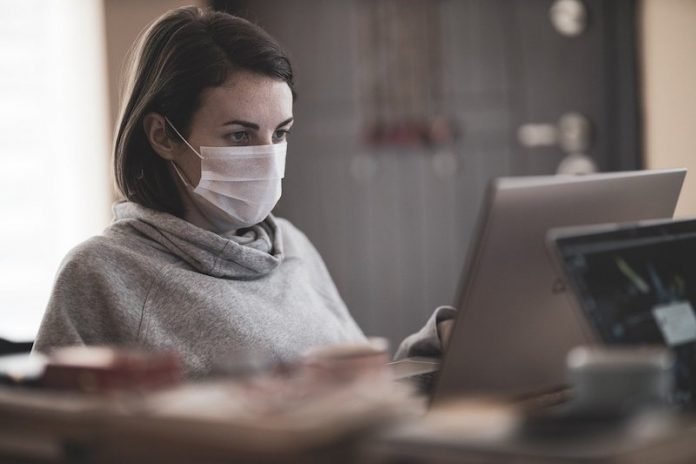
In a new study from UC Davis and elsewhere, researchers found “the missing link” in why some COVID-19 patients recover and some don’t.
They found a blood plasma biomarker discovered in hospitalized COVID-19 patients may not only predict the severity of adult respiratory distress syndrome (ARDS) but further research may lead to inhibiting the progression.
ARDS, characterized by fluid build-up in the lungs, is the second leading cause of death in COVID-19 patients, next to viral pneumonia, according to the National Center for Biotechnology Information.
In the study, the team provides an important clue to help determine what impacts the severity of COVID-19 outcomes.
They used clinical data collected from six patients with laboratory-confirmed COVID-19 infection and 44 healthy samples carefully chosen from the healthy control arm of a recently completed clinical study.
They suggest lipid mediators may be the missing link to answering questions such as why some people are asymptomatic while others die, or why some disease resolves quickly while others suffer from long-haul COVID.
The compounds, known as leukotoxins and leukotoxin diols, originate from linoleic acid, the body’s most abundant dietary fat.
The hypothesis advanced in this paper is that because the leukotoxins have been linked to serious illness and death in humans and dogs and the symptoms are those of adult respiratory distress syndrome, these compounds are biomarkers of pulmonary involvement in COVID-19.
They also present a pathway for reducing ARDS in COVID-19 if we could inhibit the soluble epoxide hydrolase, a key regulatory enzyme involved in the metabolism of immune resolving fatty acids.
If you care about COVID-19, please read studies about people died of COVID-19 have these 3 common symptoms and findings of COVID-19 patients with this health problem are twice as likely to die.
For more information about COVID-19 prevention and treatment, please see recent studies about a new way to predict who will get severe COVID-19 and die and results showing that this anti-viral treatment can have double effects on COVID-19.
The study is published in Frontiers in Physiology. One author of the study is professor Bruce Hammock.
Copyright © 2021 Knowridge Science Report. All rights reserved.



